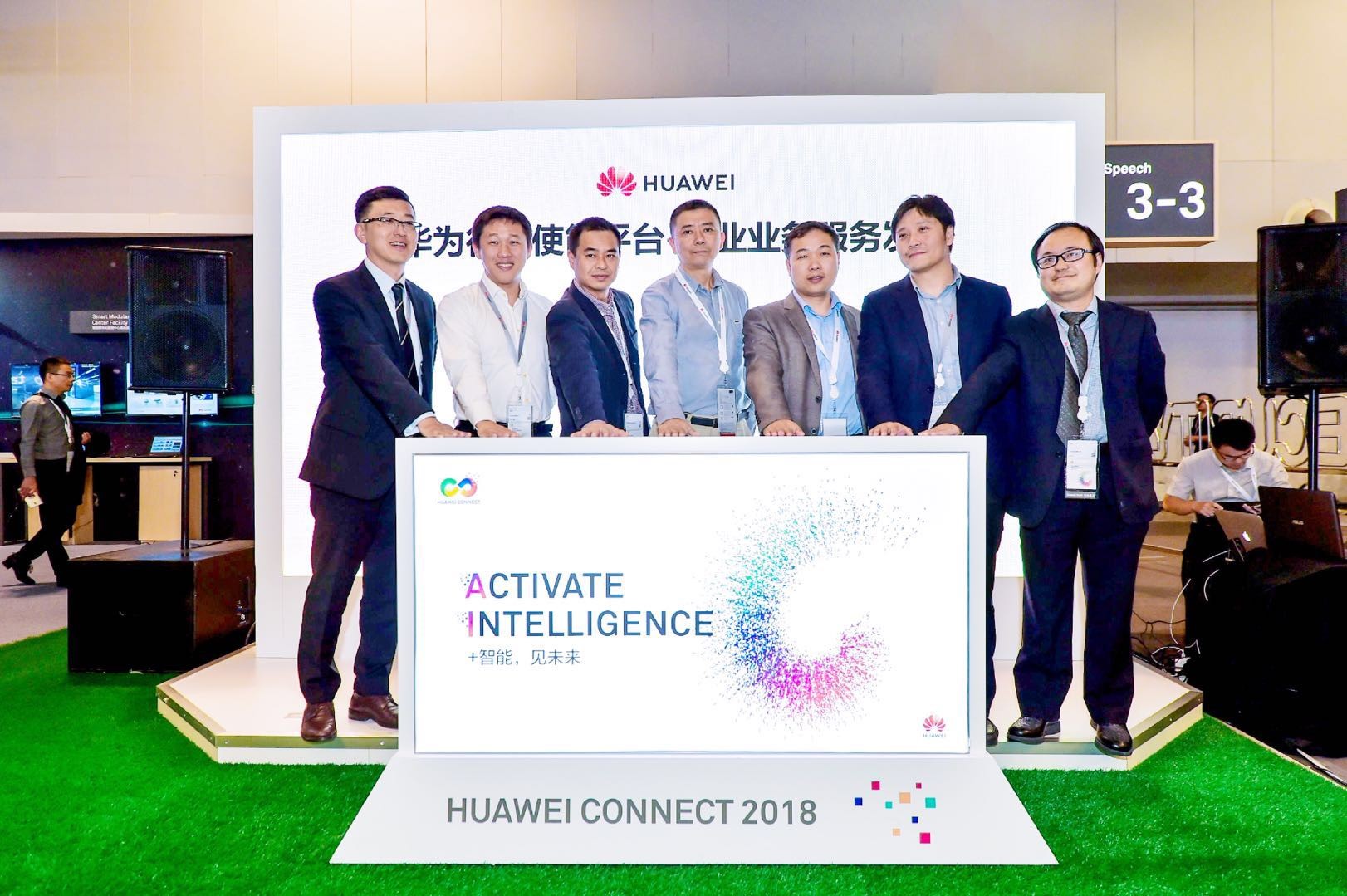[Shanghai, China, October 12, 2018] After the recent success of HUAWEI CONNECT 2018 event held in Shanghai, Huawei has released the Industry Business Service of its industry enablement platform. As one of the core components of the platform, this service has been accrued by Huawei’s years of experience in digital transformation.
The Industry Business Service is designed for the service layer of industry solutions. It focuses on Smart City, Smart Campus, and Safe City scenarios with industry partners, involving capabilities of service connection and collaboration, as well as industry service model construction to enable digital transformation of enterprises.
Huawei initially proposed the digital transformation strategy several years ago, expecting to transform its business process with advanced technologies. Huawei is committed to providing industry-leading real-time, on-demand, all-online, DIY, and social (ROADS) experience for customers. Based on its applicable years of experience, Huawei believes that it is critical to build digital service capabilities for transformation based on full connection. However, there are still many challenges, such as difficult cross-network integration, complicated integration architecture and dependency, and lack of multi-cloud collaboration capabilities.
Based on over 10 years of digital practice and the full-stack integration tool ROMA, Huawei has equipped with business connection and collaboration service. It is first applied inside Huawei, who has experience in streamlining over 600 IT systems and more than 20,000 integration points to have covered eight regions and over 170 countries worldwide. More than 100 SaaS and cloud services are introduced to collaborate with over 100 partner IT systems, achieving integration service capabilities by integrating massive amounts of IoT data in campuses and manufacturing.
Apart from connectivity and collaboration services, general service models designed for the industry, such as video analysis, campus management, converged command, and security management, are provided by the Industry Business Services along with industry partners. Unified service interfaces are available for efficient application and sharing of general services.
Lixin, product director of campus and data services of the industry enablement platform made a speech at HUAWEI CONNECT 2018 Open Speech on October 11. Lixin, together with Xu Guoyu (General manager of Huawei EBG Industry Enabling Platform), Tian Linyi (director of Huawei EBG Digital Platform Planning&Design Dept), Zhou Wei (director of the Alliance and Solution Cooperation Dept of Huawei Enterprise BG) and executives from iSoftStone Technology Co., Ltd, Shandong Haibo Technology Co., Ltd, and Chengdu Brandbigdata Technology Co., Ltd, jointly released the Industry Business Service of the Industry Enablement Platform.

Onsite Joint Release of HC2018 Industry Business Service
of the Industry Enablement Platform

Li Xin, Product Director of Campus and Data Services of the Industry-Enablement Platform, made a speech at HUAWEI CONNECT 2018
The Industry Business Service of the industry-enablement platform integrates enterprise data with service silos and promotes enterprise capabilities. Moreover, the service collaborates with the ecosystem value chain to build a digital transformation foundation, facilitating industry digital transformation.
Huawei is committed to working with customers in the long term and takes a future-oriented approach to drive enterprise digital transformation through the power of the platform. So far, 211 of the Fortune Global 500 companies (including 48 Fortune Global 100 companies) have selected Huawei as their digital transformation partner.
HUAWEI CONNECT 2018 – "Activate Intelligence" –is held at the Shanghai World Expo Exhibition and Convention Center and Expo Center from October 10 to 12.
This year's HUAWEI CONNECT conference is designed to help all businesses and organizations step over the threshold and stake their claim in the intelligent world. You will be joined by the best minds in the industry – including global ICT leaders, industry experts, and ecosystem partners – to chart the way forward and explore new opportunities.